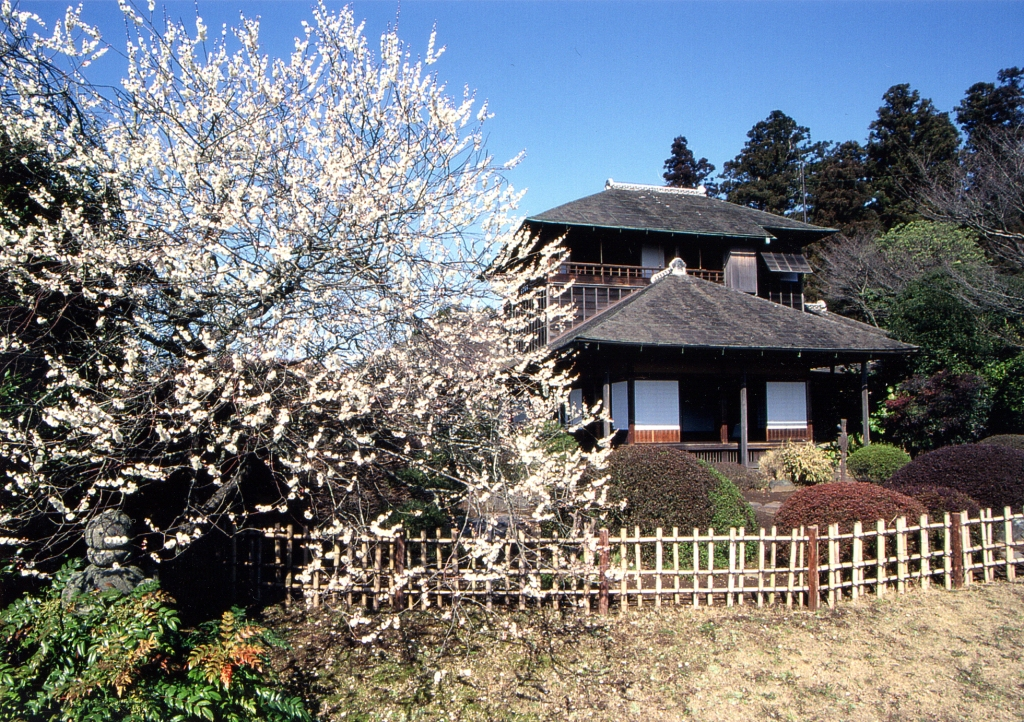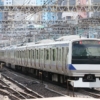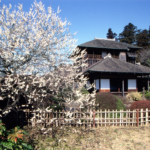Decoding ‘Ibaraki’: What Does it Mean in English?
11/07/2023

The term “Ibaraki" is represented in kanji as “茨城", which translates to the “Castle of Thorns" or “Bramble Castle". This name is believed to have its roots in the era of Emperor Sujin, who is considered to be Japan’s 10th emperor (from the 3rd to 4th centuries), though his actual existence is a subject of debate. According to legend, during Emperor Sujin’s time, a person named “Kurosaka-no-Mikoto" either built a castle using thorns or barricaded his dwelling with them, which resulted in the expulsion of bandits who resided in the region.
Ibaraki in Katakana, Hiragana and Kanji
'Ibaraki’ is represented in Japanese as follows:
| Katakana | イバラキ |
| Hiragana | いばらき |
| Kanji | 茨城 |
Additionally, since 'prefecture’ is referred to as 'ken (県)’ in Japanese.
| Ibaraki prefecture | 茨城県、Ibaraki-ken |
Pronunciation of Ibaraki
The official pronunciation of “Ibaraki" is: “I-ba-ra-ki".
I: /iː/
A single vowel sound similar to the “ee" sound in English “see". However, it is pronounced a little shorter in Japanese.
ba: /ba/
Consists of the vowel /b/, similar to the “b" in English “bat", and the vowel /a/, similar to the “a" in “father".
r: /ɾa/
Similar to the quick “d" or “r" in American English (e.g., the middle sound in “butter" or “ladder"), followed by the same vowel /a/.
ki/kː/
Pronunciation of “ki" like the Japanese alcohol “Saki (saké)" or “Reiki".
The correct pronunciation is “Ibaraki", however, many Japanese people mistakenly pronounce it as “Ibaragi". This misconception is prevalent even among residents within Ibaraki Prefecture.
Adding to the confusion, the pronunciation for 'Ibaraki City’ in Osaka Prefecture is also 'Ibaraki’. However, the recognition of this 'Ibaraki’ is quite high among many Japanese people, and it is less likely to be mispronounced as 'Ibaragi’.
Another puzzling factor is that when you type 'Ibaragi’ using a Japanese keyboard, '茨城(Ibaraki)’ pops up as a conversion candidate, exacerbating the confusion.
So, why does this happen?
One reason seems to lie in the Ibaraki dialect.
In this dialect, there’s a tendency for 'ka’ and 'ta’ sounds to become voiced sounds. So, even when people from Ibaraki intend to pronounce 'Ibaraki’, it ends up sounding like 'Ibaragi’ or something similar. Also, some people who were born and raised in Ibaraki have learnt the word from the sound and continue to use 'Ibaragi’ without question.
Therefore, if you ever get a chance to talk with locals from Ibaraki and they pronounce it as 'Ibaragi’, please keep this context in mind.
What is Ibaraki?What is Ibaraki?
Posted by Tsuchiura
Related Posts

Discovering Ibaraki: Where Exactly is it Located in Japan?
Ibaraki Prefecture is home to natural la ...




